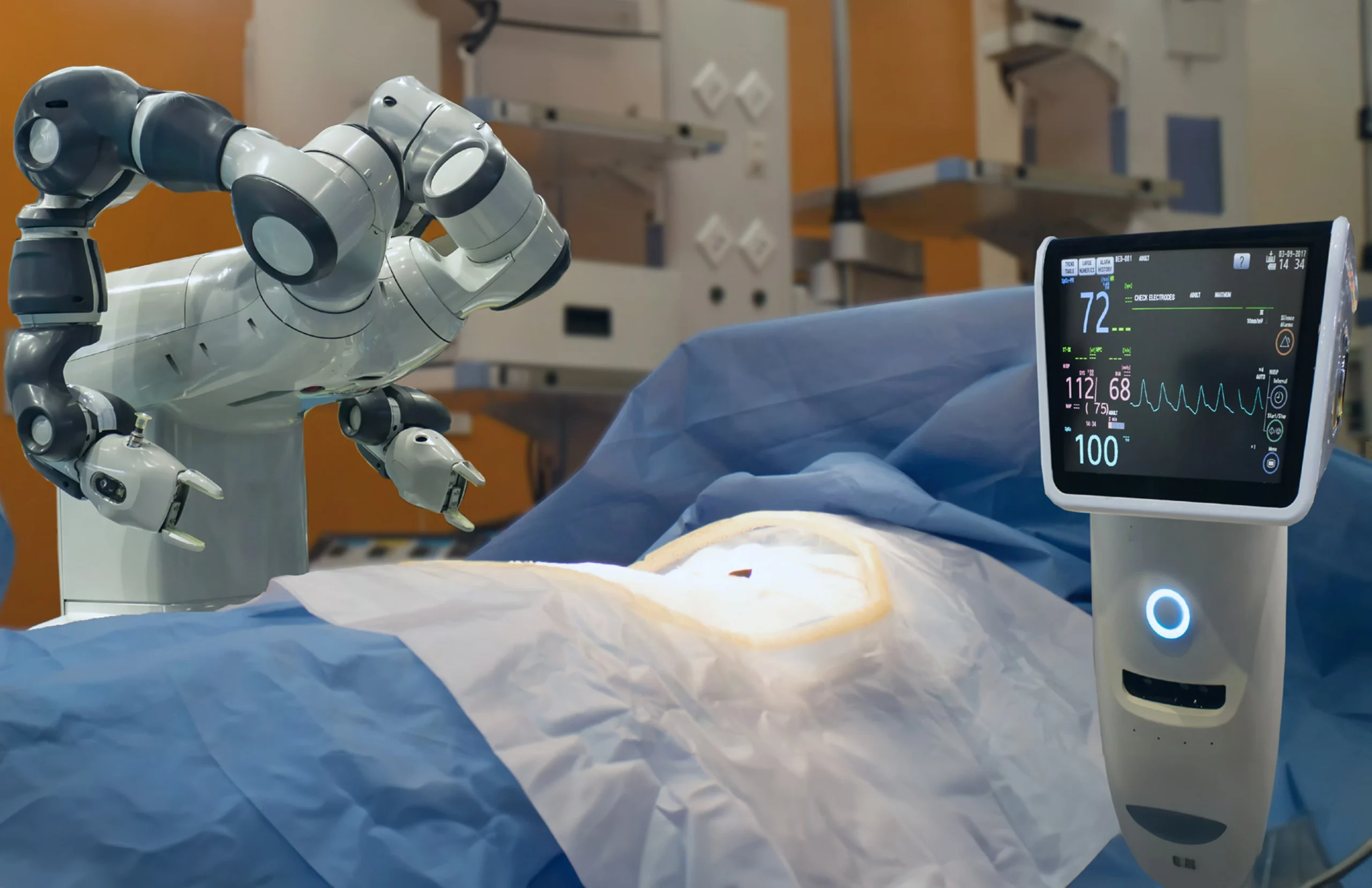In this era of pervasive connectivity, everything needs to communicate with each other and everything around them by means of the internet. There is never-ending demand for advanced integrated communication in different industry verticals such as Automotive, Consumer Electronics, IT and Telecom. And, it is getting difficult to meet an exponentially growing demand for moving data, faster than ever.
Growing demand of high-speed, low latency applications
A lot of computing process is required to be done at a higher speed with a significant amount of storage requirement, in ML (Machine Learning) and AI (Artificial intelligence) chip design applications.
Telecom operators are trying to cross the line ahead of their competitors in the race of 5G by updating their architecture to support more users, higher data rates, and more data streams per base station. Smart city solutions, Video streaming/AR/VR applications, and automotive applications like ADAS & autonomous vehicles, etc. all demand more bandwidth, lower latencies, and higher speeds as well. Hence the SoCs (System on Chips) are required to be more efficient (energy consumption) and smaller (silicon area).
Introduction to SerDes
The key to making it possible is a high-speed serial mix. This is where SerDes comes into the picture. The demand for more bandwidth and faster speed has reflected favorably on the global SerDes market. According to the Technavio report, the global SerDes market will grow at a CAGR of 9.28% during the period 2018-2022.
The word, SerDes, comprises of two words – Serializer and Deserializer. Technically, a SerDes is a serial transceiver that turns parallel data into serial and the serial stream back to parallel, respectively on the transmitter and receiver side. In most cases, SerDes is an IP core combined into a controller or an ASIC (System-On-Chip Design Verification), but it can also be a stand-alone device. SerDes is being seen as the prime resolution where there is limited I/O and a need for faster data movement.
Why do End-users need SerDes?
SerDes can work as the freeway to transport audio, video, and data to and from the cloud. This is why it affects the end-users much. The only things that matter to them are – faster connection and power consumption. End-users want to seamlessly share huge databases or stream content online as fast as possible. Power is also extremely important; everyone knows the stress of having a black screen or dying batteries in their devices. This craving for speed and power candidly stimulates SerDes innovation.
Why semiconductor companies need SerDes?
The biggest advantage SerDes offers have been high-speed data transmission, at rates of hundreds of Gbps, over distances than wide parallel buses in a comparable system environment. The reason behind that is the solution of the clock skew problem in the serial bus by embedding the clock signal into the data stream that removes the need of a separate clock signal.
Another major advantage that SerDes offers is that it allows designers to speed up data communication without increasing the number of pins. As chips got bigger and more complex, and buses got wider, the number of pins required started to get out of control. With serial interfaces, designers are able to alleviate the effect of one of the limiting resources – space for the “pins”. Additionally, SerDes reduces the cost of connectors and cables. Moreover, it also reduces noise EMI by converting signals to low voltage differential signals. This is why SerDes is so important in semiconductor design, and in different industry verticals that deliver the most challenging applications.
Technological Evolution: Looking forward to the future
New standards are being defined to support higher and higher data rates on a single lane. One of the major technological advancements in the SerDes is the adoption of PAM-4 signaling – this stands for Pulse Amplitude Modulation and the 4 indicates that there are four different voltage levels used. This new modulation technique has helped the industry to introduce 56Gbps SerDes faster to the market as compared to the time taken to move from 10Gbps to 28Gbps. Traditionally, NRZ (Non-Return-to-Zero) signaling has been used where the 1-bits are considered as a high voltage and the 0-bits as a low voltage. Whereas in PAM-4, two bits are transmitted at a time that effectively reduces the need for bandwidth by half.

To address the needs of future systems, Maxim Integrated has launched GMSL (Gigabit Multimedia Serial Link) SerDes, high-speed communication ICs, targeted for automotive applications of infotainment and advanced driver assistance systems (ADAS). GMSL SerDes ICs, which meet the most stringent electromagnetic compatibility (EMC) requirements of the automotive industry, can also be used in megapixel camera systems. Texas Instruments is one of the major contributors in the SerDes technology and provides solutions for Telecom, Video, and Industrial applications. TI has innovative Camera and Display SerDes product line for ADAS cameras, radar and in-vehicle infotainment (IVI) applications. Cadence has also come with the industry’s first long-reach 112G SerDes IP in 7nm. It brings best-in-class PPA (Power, Performance, Area) efficiency to develop networking products for next-gen data centers.
Why do companies look for SerDes IP?
Although new standards and modulation techniques are coming in, it is always an arduous task to design SerDes that will fit into today’s requirement. It is practically impossible for any company to allocate a dedicated engineering team for almost a year just to design it from scratch; and, it usually takes another year to make the SerDes mass-production ready. So, from both views – Cost and Time-to-Market – it makes more sense to leverage a proven SerDes IP, rather than trying to design it in-house. It is also equally important to finding an appropriate SerDes core with the right mixture of features for the end application as not all SerDes cores created equal. Few companies will have all the expertise in-house. Buying or licensing proven IP is the best solution for both making schedule and staying under budget.
Conclusion
SerDes evolution has helped the Semiconductor industry as well as other industry verticals so far to keep up with the demanding environment of advanced integrated communication. Today, high-speed SerDes solutions are available that offer second-to-none in performance. Semicon industry will surely witness new levels of design innovation for the SerDes.
Being a platinum design partner of Texas Instruments, eInfochips has early access to various TI platforms and other technologies, which gives a competitive advantage in developing innovative products. eInfochips has worked on TI’s KeyStone multicore processors 66AK2Ex, C6657, AM5K2EX having multiple high-speed SerDes lanes. eInfochips also has experience and expertise on TI’s DaVinci, OMAP, Sitara platforms, and offer custom hardware and board Design services. To know more, please contact our team of experts today.













